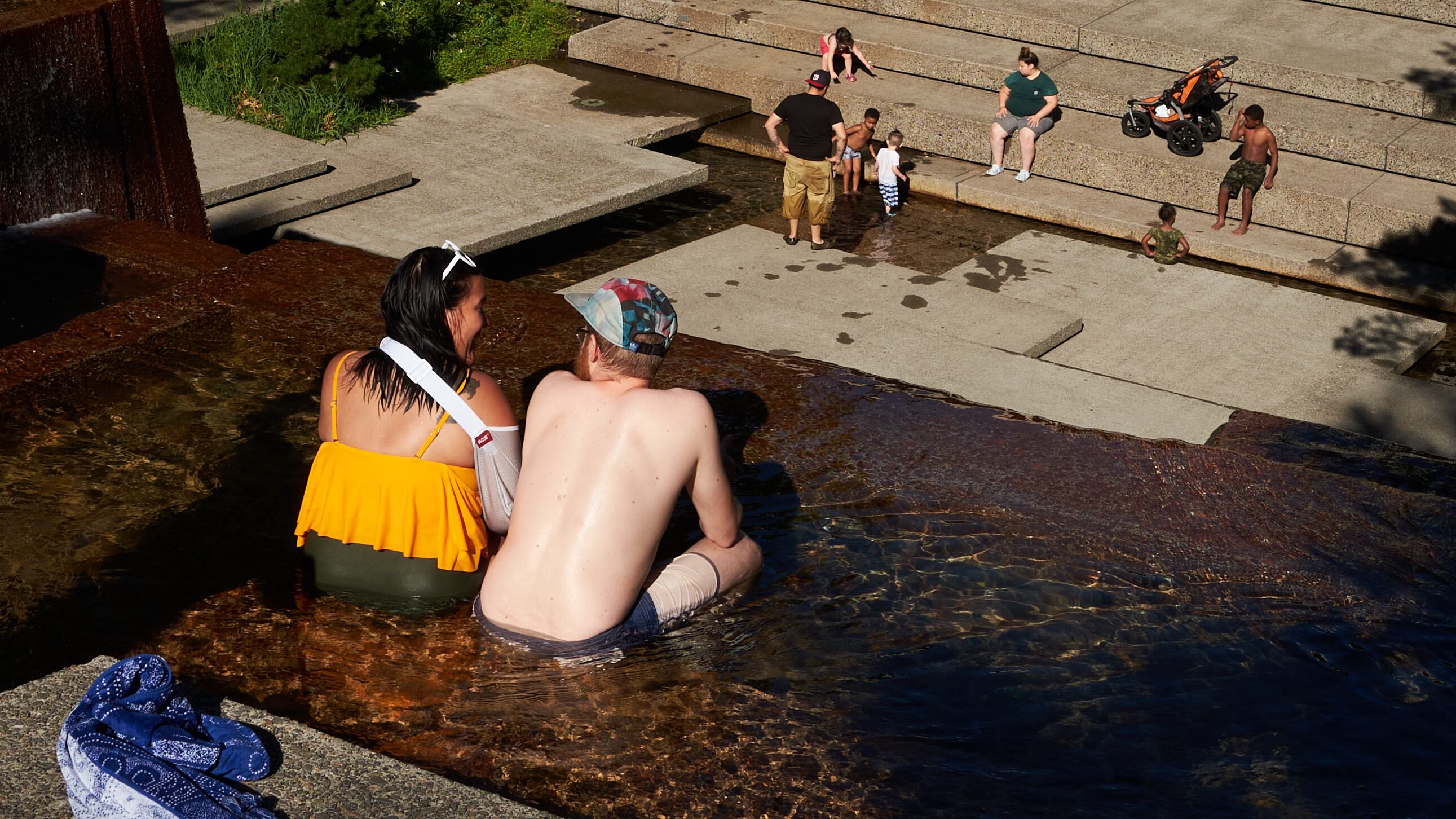They say the most powerful advertisements are the ones that start people talking.
An ad for the city of Portland that appeared June 20 in The New York Times, among other publications, did just that.
The ad was in simple black text on a full page of the print newspaper. “You’ve heard a lot about us lately. It’s been a while since you heard from us,” it read. “Some of what you’ve heard about Portland is true. Some is not. What matters most is that we’re true to ourselves.”
It continued: “We’re a place of dualities that are never polarities. Two sides to the same coin that keep landing right on its edge. Anything can happen. We like it this way.”
Travel Portland, the agency that placed the ad, explained in a June 21 statement that the ad is part of a wider campaign to right Portland’s reputation nationally and “to inspire overnight stays at Portland hotels and short-term rentals.”
Travel Portland hired a minority-owned ad agency called Industry to produce the campaign. The agency says it paid four publications just over $100,000 combined to print the full-page ads.
In response, Portland Twitter did what Portland Twitter does best: ravage it, from both ends of the political spectrum.
That might not matter to Travel Portland, which isn’t looking for applause, but for chatter—and possible reappraisal of the city as a vacation destination.
In an effort to get an industry perspective on the efficacy of the ad, we asked local ad agency owners and experts to share their thoughts. Portions of their responses are below, and they’ve been lightly edited for brevity and clarity.
Rebecca Armstrong, CEO of North Ad Agency
“I actually think this was a remarkably honest ad, and I think the video was remarkably honest.
“I think in any tourism ad in any city or region in the world you will find those places highlighting all the fun, happy, uplifting, culturally enriching, tasty stuff to do.
“I think it’s really interesting and remarkable that they would come out and they’re not polishing a turd, if you will. They’re calling it as it is. And to say, we’ve got challenges but there’s some amazingly awesome things here, too. And that’s their job. That’s what the hotel tax pays them to do, so fair enough.”
Jerry Ketel, founder of CreateGood Studio
“My first thought was, in an age of TikTok videos, we created an all-type ad in a dying medium. I get why they did that: They’re trying to reach convention planners and key leaders like that who still read the paper.
“The content is fine. I see the strategy, and it’s good. They’re trying to say that we’re more than just the protests and they are embracing the idea that yeah, we have disagreements, but we’re not polarized. But of course what I imagine is a more conservative-minded person who looks at that ad and imagines a dumpster fire being lit in front of the police station.
“If we have people in Portland talking about it, that’s a start. You have to start with your core audience, and that’s people who are ground zero, and it ripples out from there. If citizens are engaged in talking about it, that Portland is unique and we can’t let everyone else define us—I applaud that.”
Doug Lowell, former ad agency owner and onetime professor of advertising at Portland State University
“I read it and I turned to my wife and said, This ad just isn’t true.
“When it says we’re a place of dualities, I say yes. But when it says that there are never polarities? That’s a lie. When they say anything can happen, we like it this way, that’s a lie. When they say, we’ve always been like this and we wouldn’t have it any other way, that’s a lie. We have a brutalized city.
“We damaged our brand. We’ve damaged Portland’s credibility with the world. New Yorkers will look at this and they’ll call bullshit on it. Because they can’t read about what’s happened and have someone say to them, ‘We wouldn’t have it any other way,’ and believe them.”
Mark Fitzloff, creative director and founder at Opinionated
“I’m excited that Travel Portland is making the effort. If nobody visits, nobody wins. We’re living in a time of hypercritical discourse, and unfortunately you open your mouth and you’re going to be subject to criticism. It paralyzes a lot of people to make real change.
“Even tourism in and of itself is perceived as some sort of politically divisive way of making choices for this city, which I think is nonsense.
“When you have something to say and you find a voice that you feel is authentic and singular, meaning one person to one person, or one city to one city, I think [simple text] can be the most powerful medium. You don’t want to hide behind imagery.”

